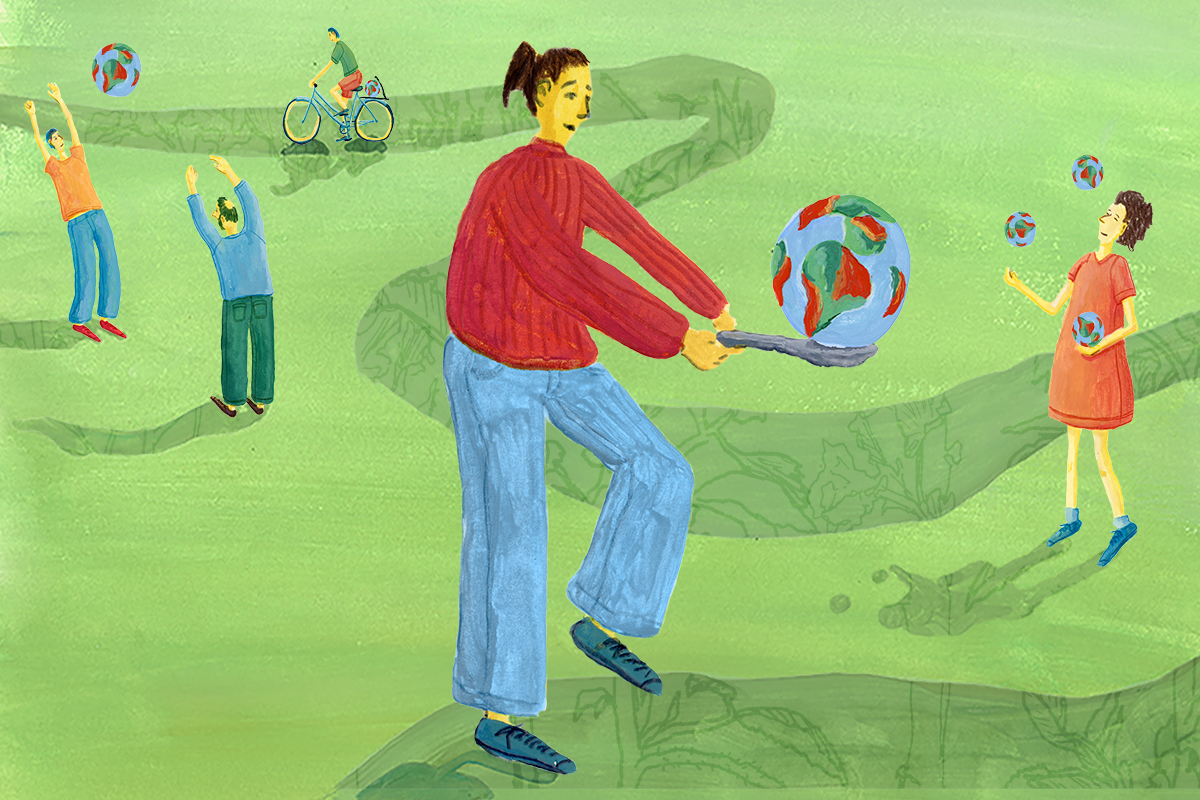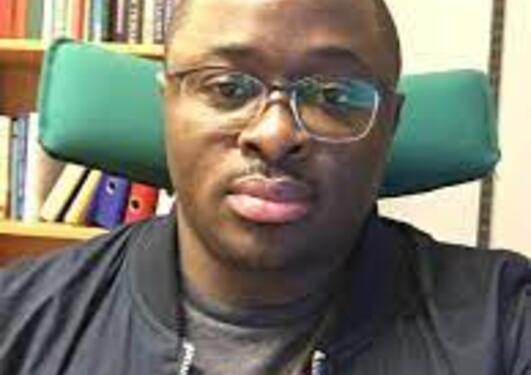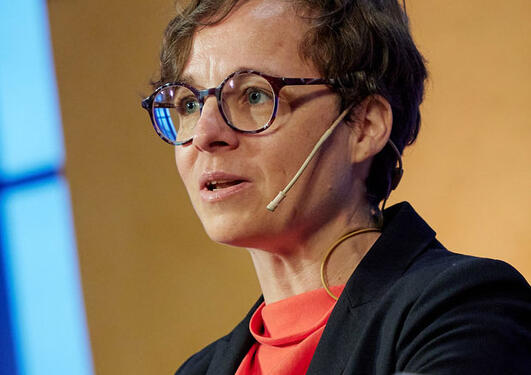Miljøhumaniora
Forskergruppen samler forskere og doktorgradsstudenter fra ulike fagfelt som deler interessen for miljøspørsmål.

Hovedinnhold
Medlemmenes spesifikke forskningsinteresser spenner fra klimaendringer og vannpolitikk til miljølitteratur og kunst.
Forsker gruppen for miljøhumaniora er et tverrfaglig samarbeid mellom forskere innen fagområdene historie, arkeologi, kulturvitenskap, lingvistikk, litteratur, medievitenskap, statsvitenskap, sosialantropologi, naturvitenskap og teknologistudier og videre. Sammensetningen gjenspeiler den tverrfaglige karakteren til feltet miljøhumaniora, som bygger bro mellom naturvitenskap og humaniora, så vel som mellom akademia og samfunnet, ved å anvende humanistiske metoder og tankemåter på miljøfag. Forskningen vår omfatter et stort spekter av menneskelig interaksjon med den fysiske verden, fra antikkens migrasjon til moderne klimaresistens.
Gruppemedlemmer samarbeider med forskere fra hele verden med støtte fra Det europeiske forskningsrådet, Norges forskningsråd og andre store finansieringsenheter, samt fra Det humanistisk fakultet ved Universitetet i Bergen. En utvalgt liste over store prosjekter utført av medlemmer av gruppen kan ses på den engelske versjonen av nettsiden, men vennligst se individuelle medlemmers profiler og biografier for ytterligere detaljer om våre forskningsinteresser, tilknytninger og ekspertiseområder.
Program 2025
| 23. jan 12:15 | Brown bag lunch talk by Elisabeth Fairhead, Department of Foreign Languages: "The rare Franklinia and the story that made it a symbol of the extinction crisis" |
| 5.mars 14:15-16:00 | Talk by local researcher Liubomira Romanov “Integrating Archaeological, Historical, and Biological Data to Uncover the Past of the Yakuts (Eastern Siberia, Russia)” Yakutia is the coldest region in the Northern Hemisphere, with record winter temperatures below -70°C. The Yakut people’s ability to adapt to such extreme cold has been key to their survival. They are thought to descend from an ancient population that migrated from their original homeland in the Lake Baikal region following the Mongol expansion between the 13th and 15th centuries AD. Originally, they led a semi-nomadic lifestyle centered on horse and cattle breeding, which provided transportation, clothing materials, meat, and milk. Early Russian colonization in the first half of the 17th century AD, followed by further expansion, profoundly impacted the indigenous population. Among other effects, Russian conquest led to significant socio-economic and cultural changes. For 15 years, the French Archaeological Mission in Eastern Siberia (MAFSO) has excavated and studied over 150 bodies preserved in Yakutia’s permafrost. The exceptional preservation of tombs and biological remains, along with historical and ethnographic documents from the post-colonial period, enables interdisciplinary research combining social science and biological methods to explore the transformation of Yakut society and culture.
|
>>> Les mer om forskergruppen på de engelske sidene


